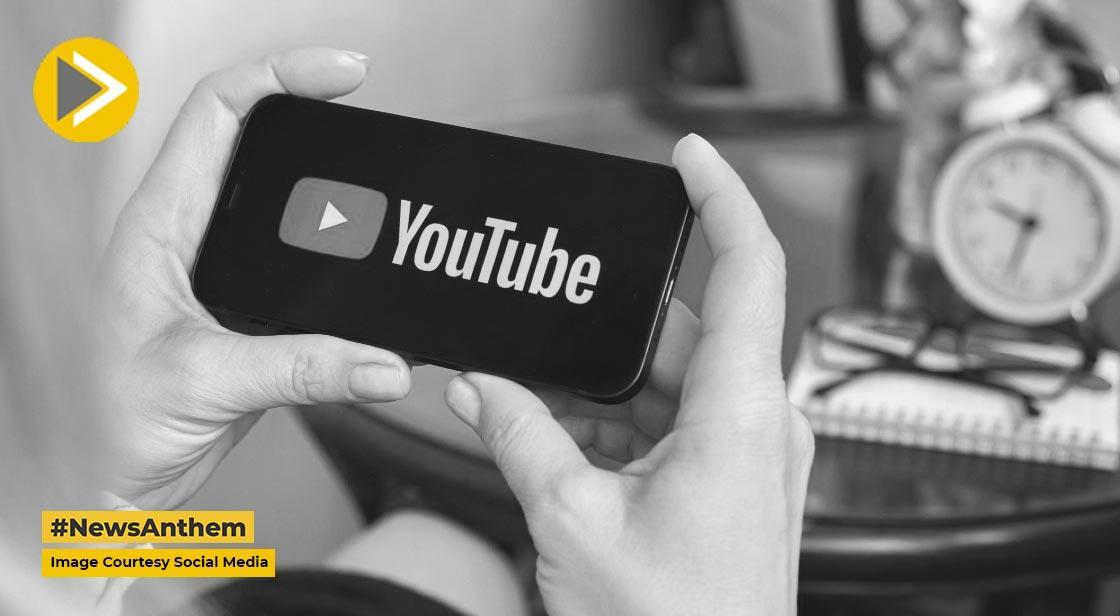Tech Giants Push Back Against YouTube’s Exemption from Australia’s Child Social Media Ban

News Synopsis
Australia has implemented one of the world’s strictest social media laws, prohibiting platforms from allowing users under 16 years old to create accounts.
The legislation, passed in November 2024, mandates that companies like Meta (owner of Facebook and Instagram), TikTok, and Snapchat block logins for minors or face penalties of up to AUD 49.5 million ($31 million or Rs. 269 crore). The law is expected to come into effect by the end of 2025.
However, YouTube (owned by Alphabet Inc.) has been granted an exemption from the ban, as it is categorized as an essential educational tool. It remains the only platform where children can have an account under a family-managed system with parental supervision.
Tech Companies Criticize YouTube’s Special Status
Several social media companies have opposed this exemption, arguing that YouTube offers the same features that prompted the government to impose the restrictions.
Meta's Objection
Meta, the parent company of Facebook and Instagram, highlighted inconsistencies in the government’s approach, stating:
“YouTube's exemption is at odds with the purported reasons for the law, and we call on the government to ensure equal application of the law across all social media services.”
Meta asserts that YouTube’s algorithm-based content recommendations, social interaction features, and exposure to harmful content are similar to those on other social media platforms, making the exemption unjustified and discriminatory.
TikTok and Snapchat Raise Antitrust and Fairness Concerns
TikTok, another affected company, expressed concerns that the government’s decision was “illogical, anticompetitive, and short-sighted.” It called for uniform enforcement of the new law across all platforms.
Similarly, Snap Inc. (owner of Snapchat) urged the government to reconsider YouTube’s exemption, stating:
“There must be a fair and impartial application of exclusions, and all services should be held to the same standard.”
Experts Weigh in on YouTube’s Risks
Mental health professionals and extremism experts have voiced concerns that YouTube exposes children to addictive and harmful content. Studies indicate that YouTube’s AI-driven content recommendations often lead young users towards potentially dangerous material, similar to other platforms affected by the law.
YouTube, in response, has defended its position, asserting that its moderation efforts have become more aggressive and that it has expanded its definition of harmful content to improve automated detection systems.
Potential Implications of the Controversy
The disagreement over YouTube’s exemption raises significant questions about fair competition, regulatory consistency, and child safety online. If the Australian government maintains its stance, it could set a precedent for other countries considering similar restrictions.
Key Takeaways
-
Australia has introduced a social media ban for users under 16 with heavy fines for non-compliance.
-
YouTube is the only platform exempted, as it is classified as an educational tool.
-
Meta, TikTok, and Snapchat argue that YouTube’s features mirror those of other banned platforms.
-
Experts warn that YouTube’s algorithm-driven content can still expose children to harmful and addictive material.
-
The debate could have global repercussions on tech regulations and fair competition.
Conclusion
The debate over YouTube’s exemption from Australia’s social media ban for children highlights the growing complexities in regulating online platforms.
While the Australian government views YouTube as an educational tool with parental controls, Big Tech companies argue that it offers similar content and engagement features as other social media platforms.
Meta, TikTok, and Snapchat contend that granting YouTube special treatment creates an unfair competitive advantage and undermines the purpose of the law.
With increasing concerns about children’s online safety, exposure to harmful content, and algorithm-driven recommendations, this legislation marks a significant step in digital regulation.
However, ensuring fair application across all platforms is crucial for its effectiveness. Moving forward, the debate will likely influence global discussions on child protection laws and the role of social media in young users' lives.
The world will be watching to see how Australia enforces its groundbreaking law and whether adjustments will be made in response to industry pushback.
You May Like









